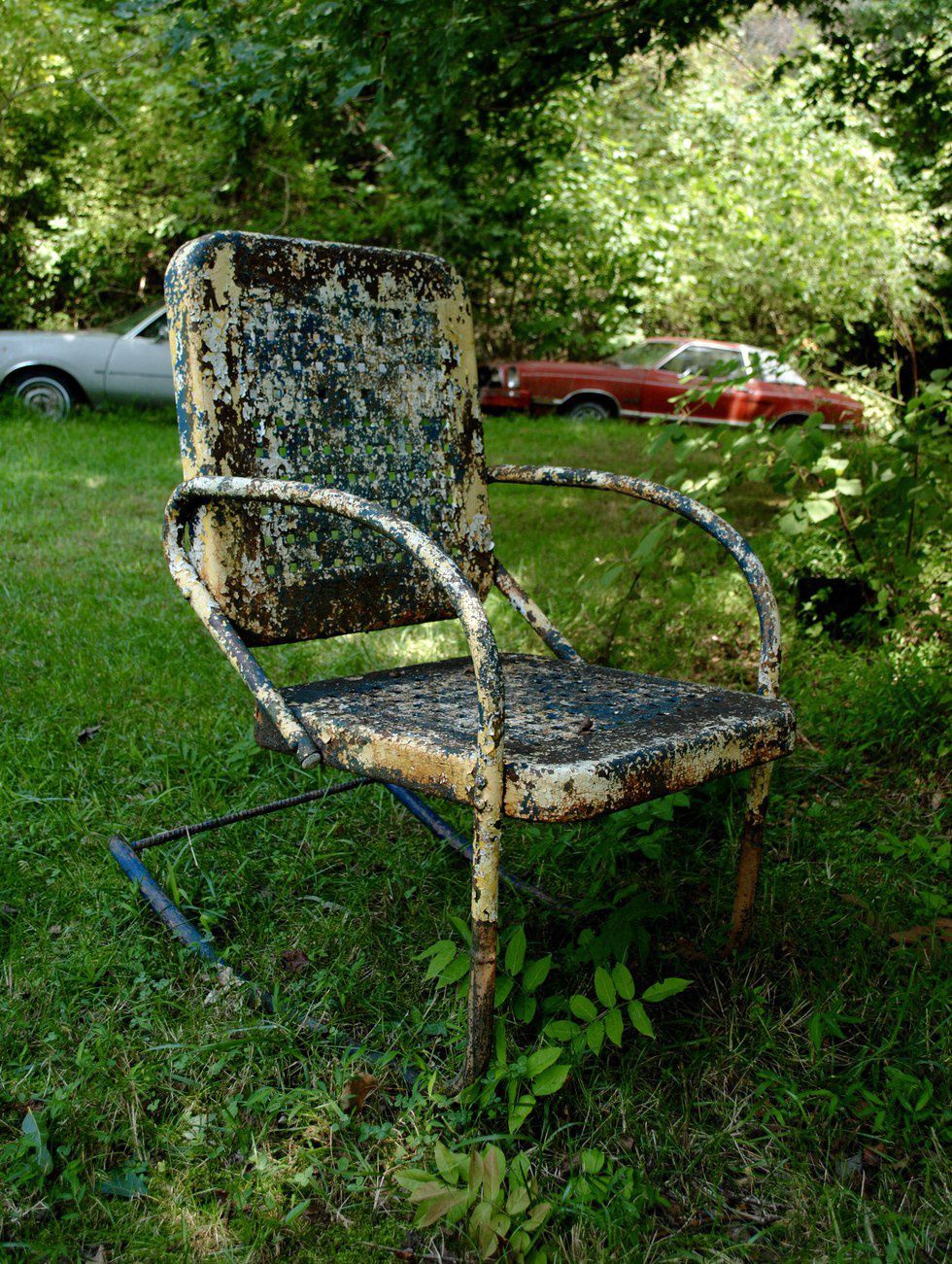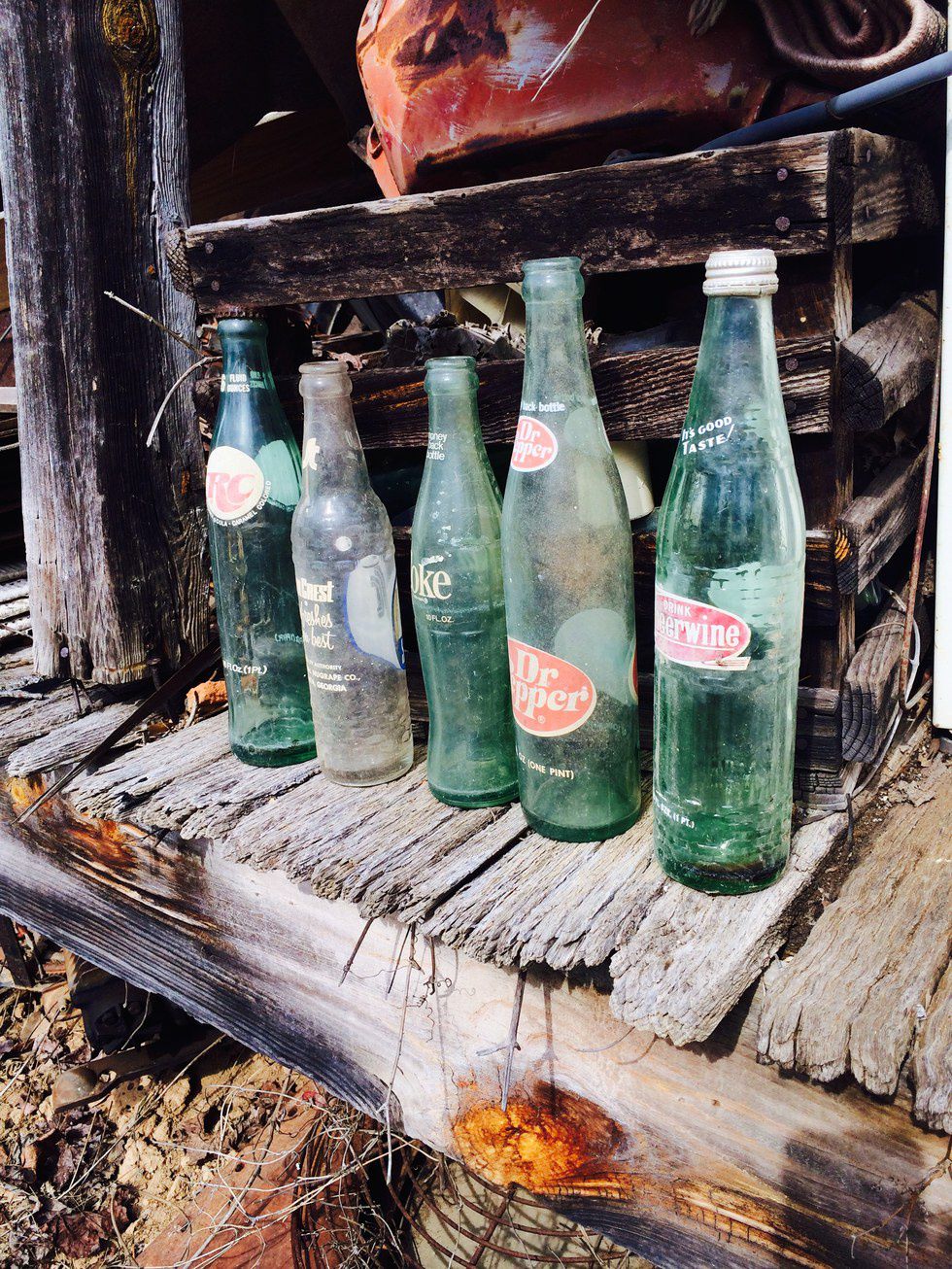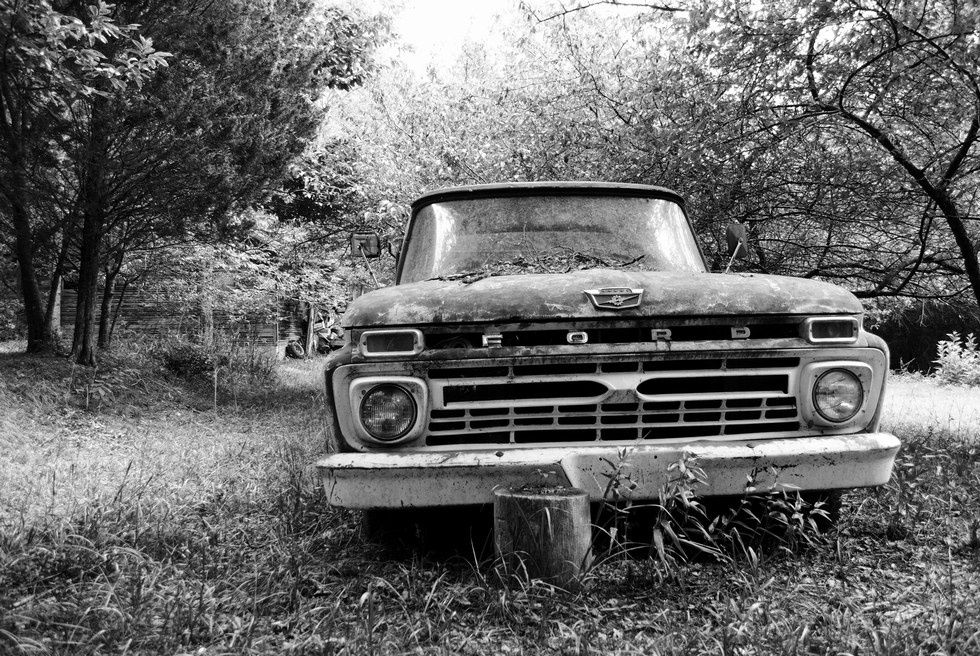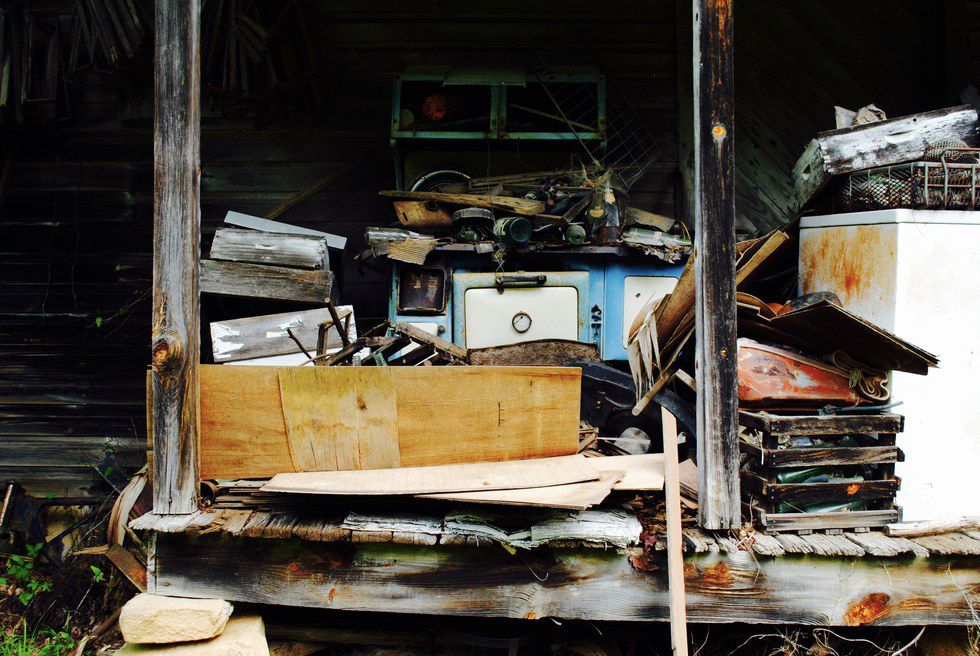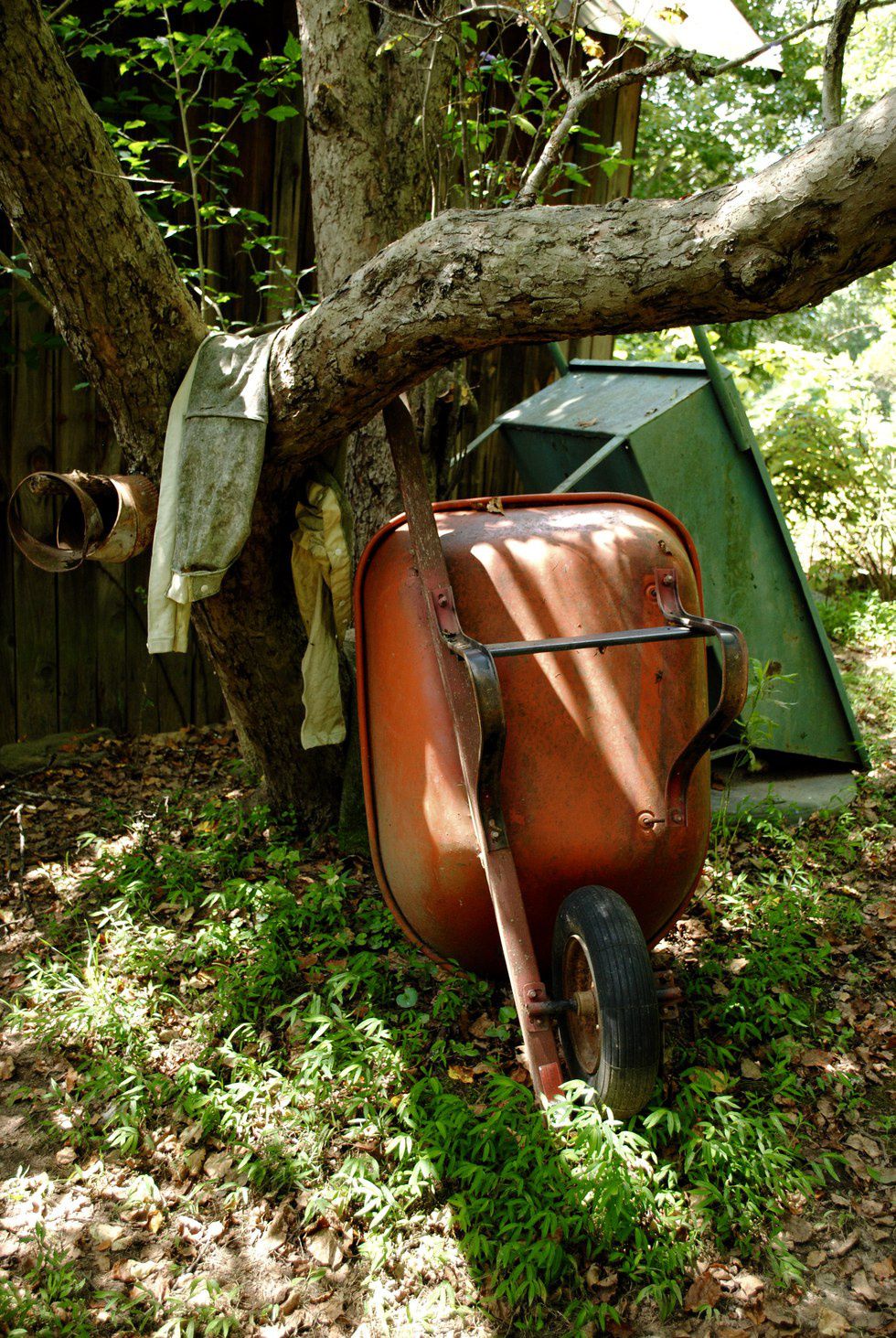What is the most important place in the world to you? That's a very loaded question. It's not an easy answer, and I honestly don't think I can narrow it down to one place. I've been influenced and changed and developed through so many experiences in so many places, I don't believe I could pinpoint one that was the most important.
Still, I was asked that very question as a free-writing prompt. I was given fifteen minutes to write about one of my favorite places, specifically one from my childhood. Forcing yourself to write non-stop for fifteen minutes with such a broad topic is daunting, and when I set my pen to the page, I didn't know where to begin. So I logically began with some of my earliest memories and some of my most dear adventures, and I found myself describing my grandparents' old farm. It belonged to my mothers' parents, the only set of grandparents that were still alive while I was growing up. They have both passed now, and I miss them dearly, but those acres of land and the little white house are still there. The following is a slightly edited version of the results of my free-write, which I hope paints a picture of just how important that little farm was to me.
The house was built in 1901 and had changed little since. Yellow, green carpet and linoleum, which has been torn up and duct taped back in place, filled the house. The ceilings were low, sagging in the middle with the weight of years gone by. The light came from lamps or a single bare light bulb with a chain, hanging in the ceiling. The kitchen had a stove that needed wood to stay hot and a sink the color of rust at the bottom. The attic, where I always slept, creaked with every step. Notched wooden floors and sky blue walls created my hideaway, where the sharp scent of moth balls and must was almost comforting in its familiarity. When it rained, the tin roof sang.
The forest, over a hundred acres of it, was my sanctuary. I spent endless hours exploring, escaping to fantasy lands. Skylar, the white fluff ball of a dog that my grandparents fed but didn’t strictly own, kept me safe. She was friends with the deer and could often be spotted along side them through the trees. But if I was out exploring, she was by my side. With her, I discovered a small cave hidden in the side of the mountain and nearly covered by mossy rocks. She showed me the secret deer path to the waterfall in the valley, and together we discovered the graveyard of cars and farm machinery my grandfather owned and abandoned. Trees grew through steering wheels and old car seats and plows, only the rusty, bent wire framing left.
The gravel drive wound past the old shed with a thousand empty bottles and crates and a teal blue stove on the porch. The way was lined with cherry and apple trees, which deposited fruit on the gravel during their seasons. The trucks, which were parked beside the drive, were homes to mice and spiders and saplings taking root in their beds. One apple tree in particular, farther back from the road, was my pirate ship. I spent countless hours climbing it and sitting in the crook of the branches, watching a completely different world pass by.
At night, after dinner, we would sit on the back porch swing and listen to the cicadas chirping. A dog was always barking somewhere over the mountain and occasionally, a yell would be heard from the run-down trailers across the road.
It was a place where the real world faded behind the simple pleasures of monotony and tranquility. It was a place where old and worn and rusting meant well loved. It was a place where a little girl could be free.


